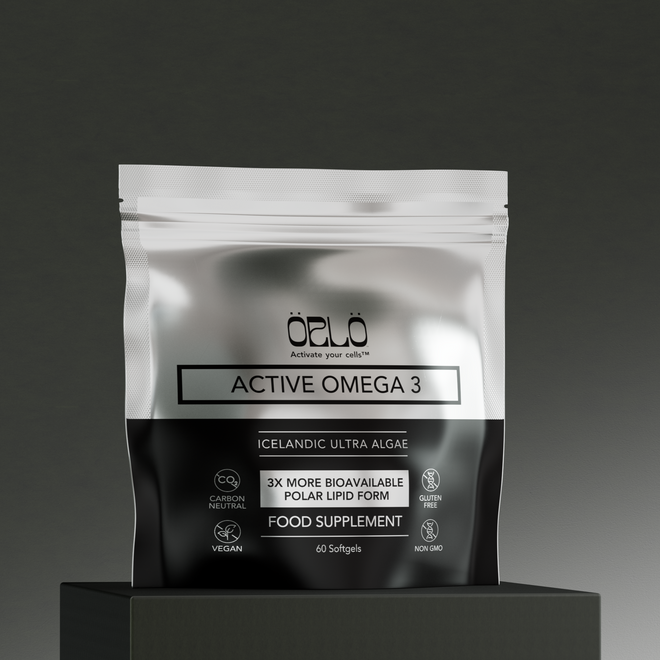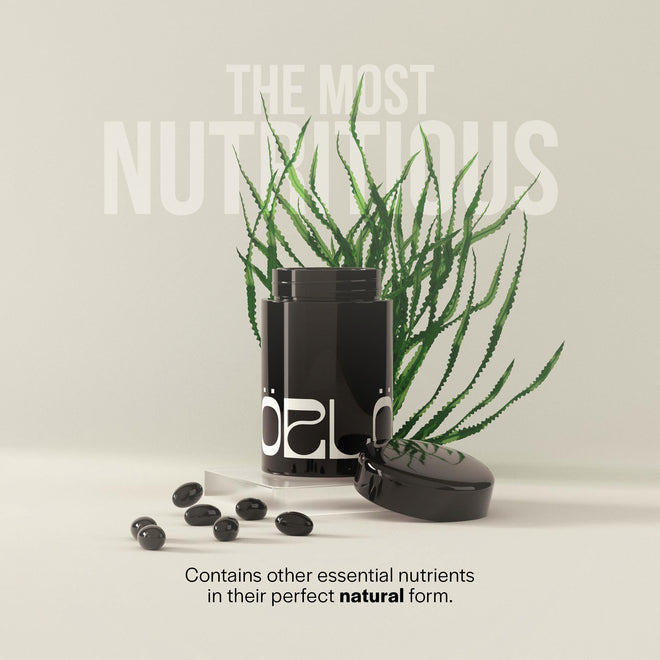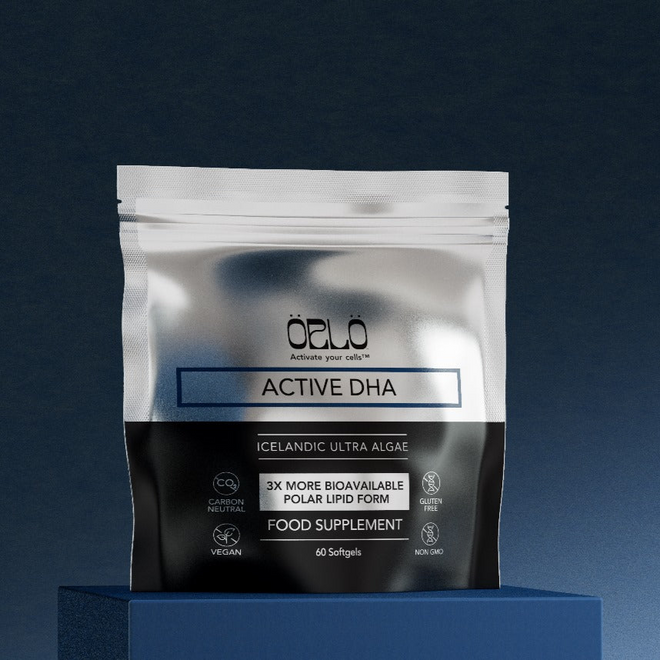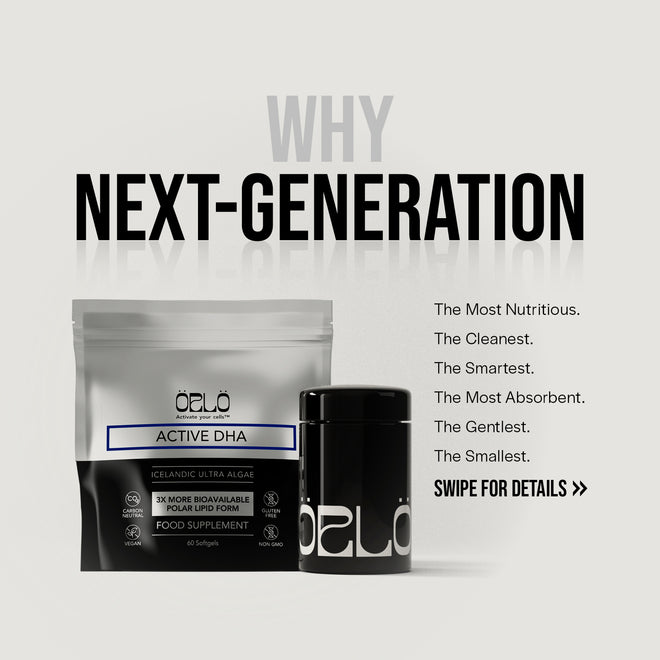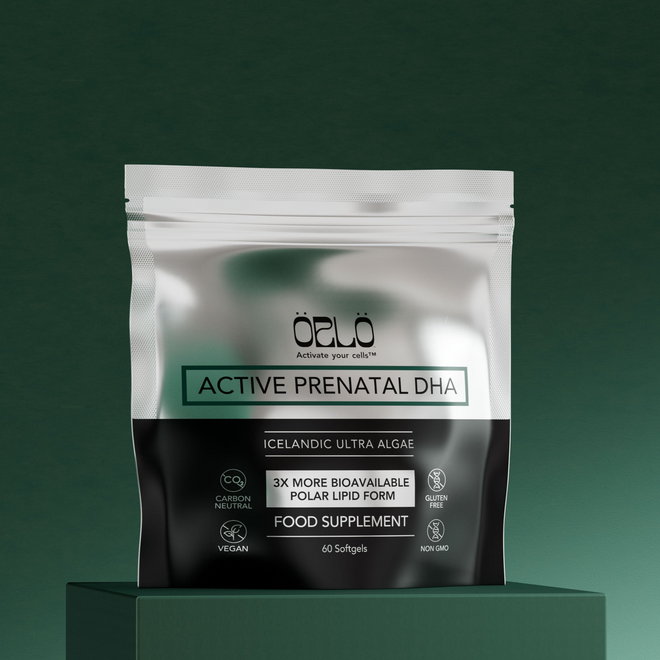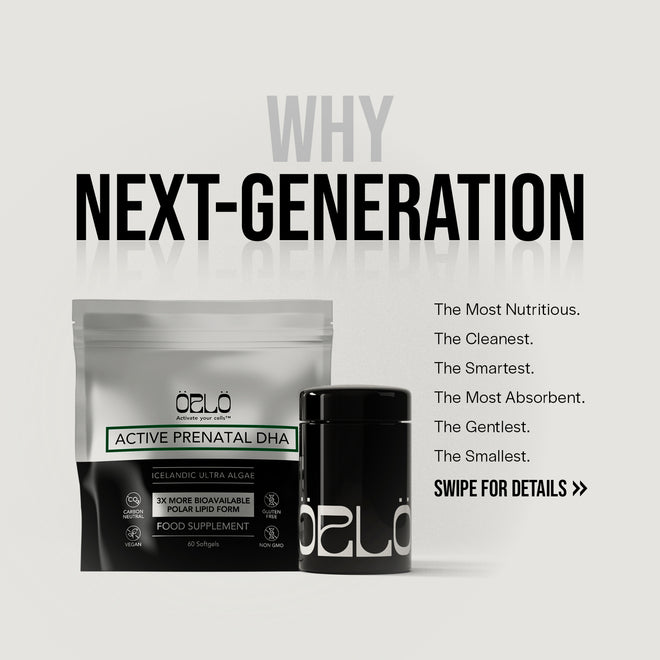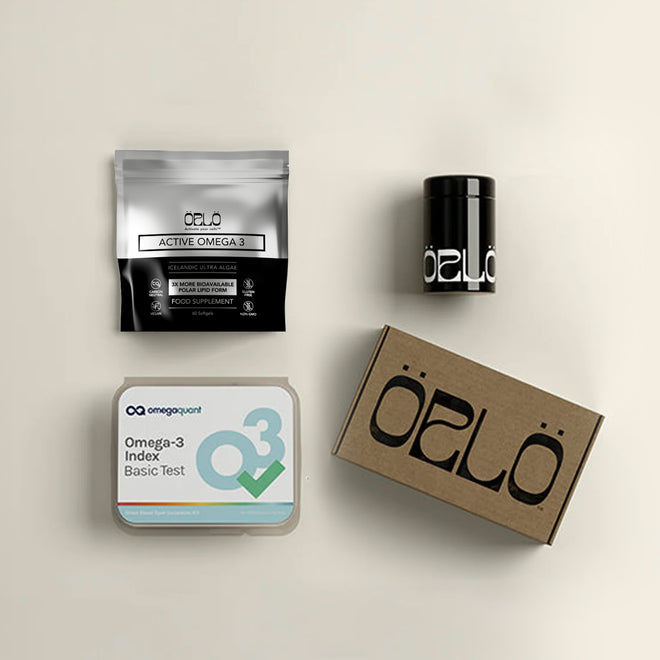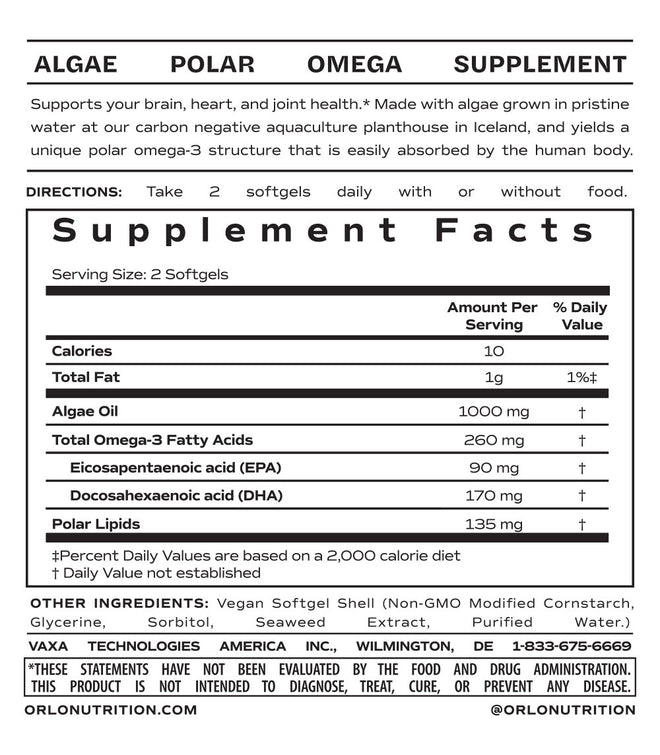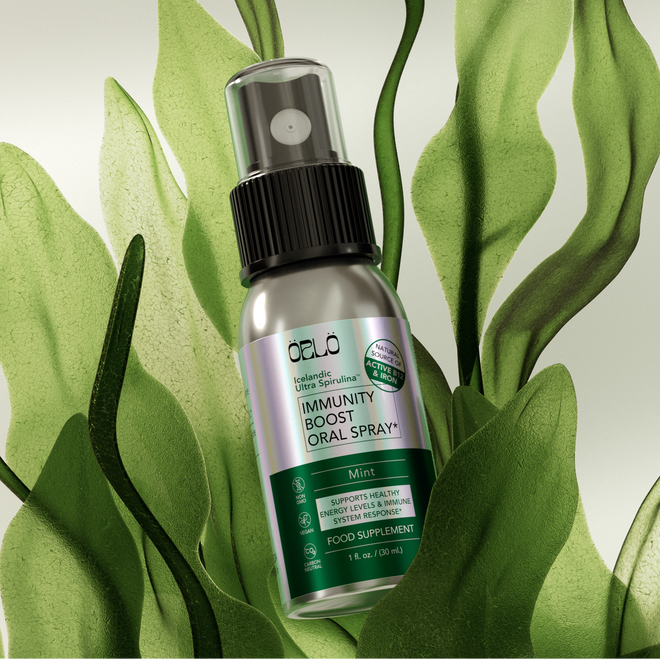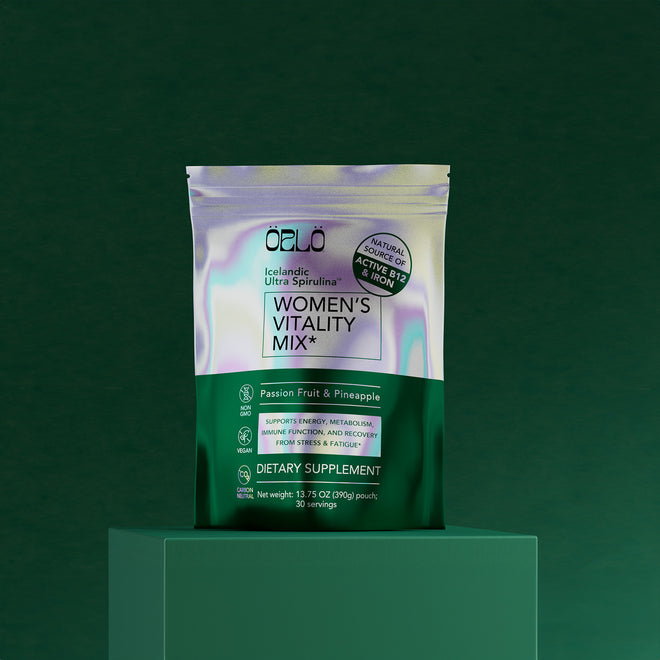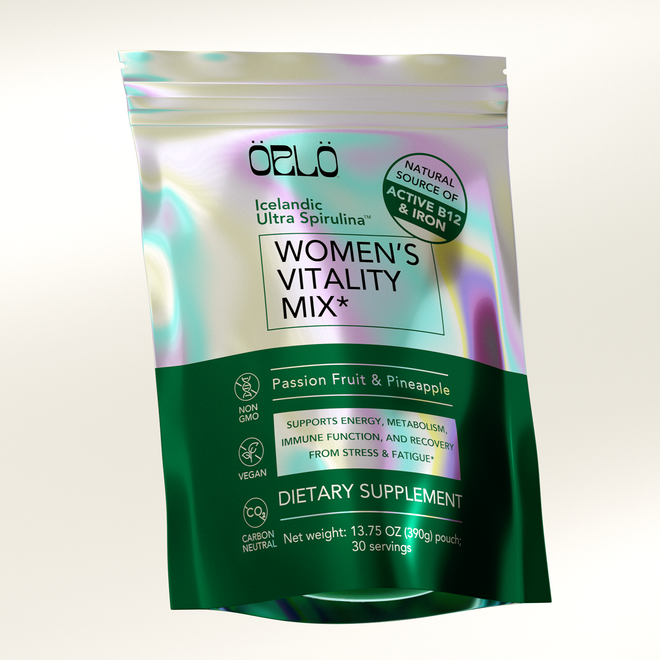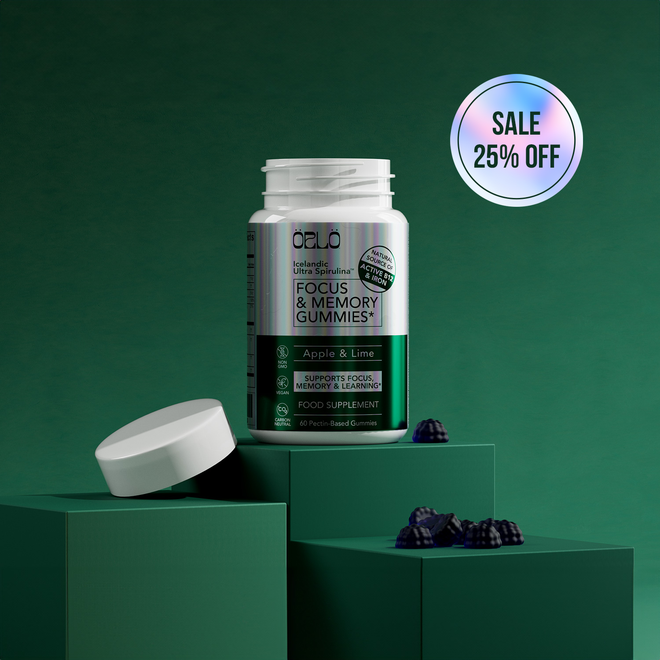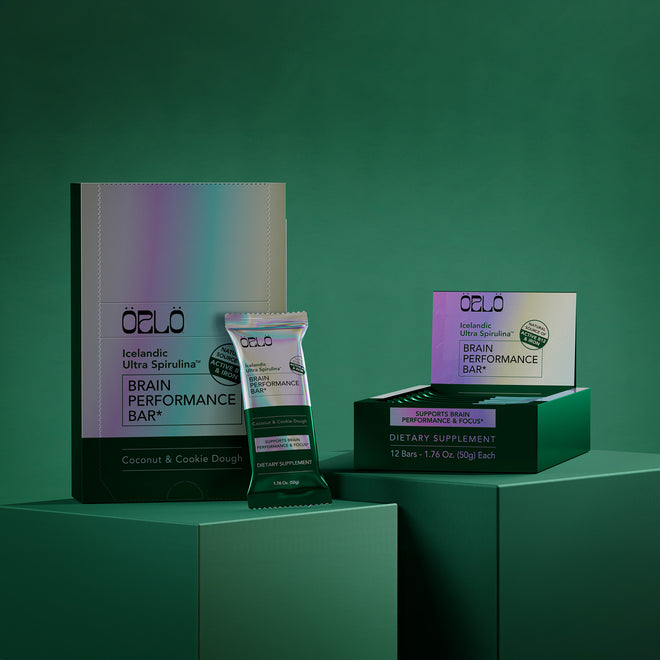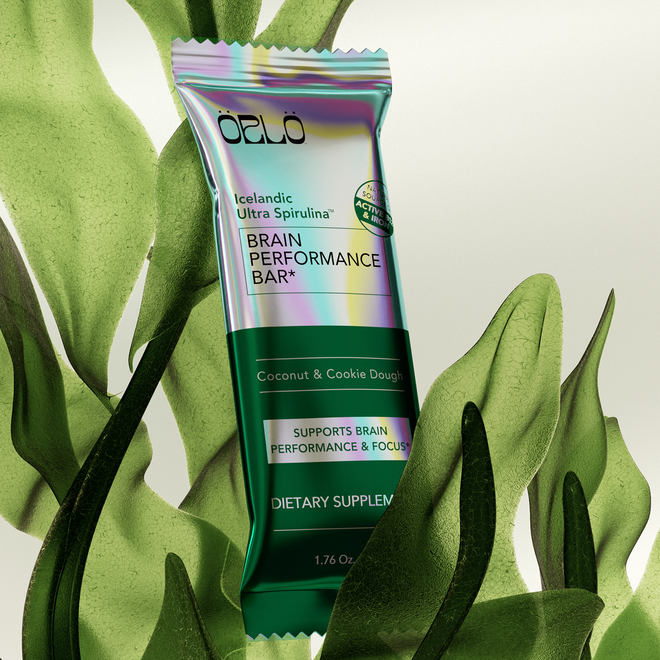Free shipping on purchases over $69
Plant-Based Omega-3: Avoid Mistakes & Thrive
Choosing a plant-based lifestyle comes with a lot of thought about nutrition. While fruits, vegetables, grains, and legumes offer plenty of good stuff, Omega-3 is one nutrient that can slip through the cracks if you're not careful. These healthy fats play a major role in supporting brain, heart, and joint health, but vegetarians often fall short in getting enough of them. That’s where Omega-3 supplements become a useful addition.
But it’s not just about grabbing the first bottle off the shelf. From taking the wrong dose to picking a supplement your body struggles to absorb, there are a few common missteps that can make the whole effort less effective. The goal of this article is to help you understand what your body actually needs and give you simple, actionable ways to avoid those mistakes and make your vegetarian Omega-3 supplement work better for you.
Understanding Omega-3 Needs For Vegetarians
Omega-3s are essential fats that your body relies on to stay sharp and strong. They support critical systems like your brain, heart, and cells. The three main types you’ll come across are ALA, EPA, and DHA. ALA is found in plant foods like chia seeds, flaxseeds, and walnuts. EPA and DHA, on the other hand, are typically found in fish oil and other marine sources.
Here’s where it gets tricky for vegetarians. While you may be eating plenty of foods rich in ALA, your body has a hard time converting ALA into EPA and DHA. This means that even when you think you’re covered, you might still be running low on the most effective forms of Omega-3.
That’s why algae-based supplements are so valuable. Algae are the original source of DHA and EPA in the food chain, offering a plant-based option that bypasses the need for fish. Adding these to your diet fills in the gaps and helps you meet your body’s needs without compromising your vegetarian values.
Many vegetarians don’t even realize they’re deficient until symptoms like fatigue, trouble focusing, or dry skin begin to show up. Being aware of the limitations of a vegetarian diet in this area is key. Once you understand how EPA and DHA work and why they matter, it becomes much easier to take smart steps forward.
Choosing The Right Vegetarian Omega-3 Supplement
Once you're ready to add a supplement to your wellness routine, picking the right one makes all the difference. Not every vegetarian Omega-3 product is made the same, and the quality can vary quite a bit. Here are the most important things to look for when you're shopping:
1. Bioavailability: This refers to how well your body absorbs and uses the nutrients. Supplements made in polar lipid form are often easier to absorb than those made in triglyceride or ethyl ester forms.
2. Purity: Look for products that are tested for contaminants like heavy metals or oxidized oils. A clean, pure supplement should be clearly labeled with third-party testing and ingredient transparency.
3. Dosage: Check the label for how much DHA and EPA you're actually getting per serving. Some products look great at first glance but provide low dosages that don’t support your needs.
4. Form: Whether it's softgels, liquids, or powders, choose a delivery method that fits smoothly into your routine. If you’re more likely to take something easy to swallow or add to a meal, go with that.
5. Label transparency: Watch out for vague ingredient lists. A trustworthy supplement should clearly list the type and amount of Omega-3 content, whether it’s DHA, EPA, or both, along with where it’s sourced from.
Think about your lifestyle and preferences. If you already make smoothies for breakfast, a liquid supplement that mixes easily might work best. If your mornings are hectic, small softgels could be more reliable. Getting this choice right from the start helps with consistency—which is the real secret to seeing lasting results.
Common Mistakes When Using Omega-3 Supplements
Even with a top-quality supplement, small habits can affect how well it works. One of the most common mistakes is taking the wrong dose. Many people assume more is better, but too much can cause discomfort while too little won’t deliver the benefits you're hoping for. It's always best to follow the manufacturer's serving instructions and consult a nutrition expert if needed.
Another major mistake is inconsistency. Skipping days might not seem like a big deal, but Omega-3 builds up gradually in your system. Taking it just a few times a week won’t have the same impact as regular, daily use. If you tie supplement use to a routine—like brushing your teeth or eating breakfast—you're much more likely to keep it going.
Storage is often overlooked but plays a big role. Omega-3 oils are sensitive to air, heat, and light. Store them in a cool, dark place with the lid tightly sealed. If your supplement comes in a liquid form, refrigerate it after opening. Always check the expiration date and toss anything that smells unpleasant or appears cloudy.
How To Boost Omega-3 Absorption?
Getting the correct supplement is half the equation. Making sure your body is absorbing it properly is the other half. Certain habits and food pairings can help improve how well your supplement works.
1. Take your Omega-3 with meals that include healthy fat like avocado, nuts, seeds, or olive oil. Fat helps your body absorb DHA and EPA more effectively.
2. Avoid taking it on an empty stomach. It may reduce effectiveness or even cause mild stomach upset.
3. Keep a consistent schedule. Taking your supplement at the same time each day supports stable levels in your bloodstream.
4. Add vitamin E-rich foods to your meals, such as sunflower seeds or spinach. Vitamin E supports fat metabolism and complements Omega-3 absorption.
5. Time your fiber supplements carefully. Large amounts of fiber can interfere with how fat-soluble nutrients are absorbed. If you take both, separate them by a few hours.
As an extra tip, try pouring a liquid Omega-3 into smoothies that include nut butter or coconut milk. The added healthy fats in those ingredients help make sure the Omega-3 is properly broken down and used by your body.
Making Omega-3 Part of Your Daily Routine
Keeping your Omega-3 supplement in your daily lineup is all about routine. The more seamless it feels, the more automatic it becomes. The easiest way to build a new habit is to connect it with one you already have.
If you’re a morning coffee or tea person, leave your supplement nearby so it’s a visual prompt. If you’re blending up protein smoothies, add a liquid Omega-3 dose right to your mix. When your supplement becomes part of meal or morning prep, sticking with it gets a lot easier.
Here are a few simple strategies for day-to-day success:
- Use a weekly pill organizer so you can see if you've missed a day
- Keep your supplement bottle in a visible spot on the kitchen counter
- Set a daily phone reminder
- Mix it into simple recipes like salad dressing or overnight oats
It’s not about overhauling your entire day, just finding one or two moments where the supplement naturally fits in. Over time, it becomes part of your rhythm.
Better Habits, Better Results
When you’re consistent with your vegetarian Omega-3 supplement, you’ll likely start to notice everyday improvements—like clearer focus, more steady energy, or smoother skin. None of it happens overnight, but steady habits offer long-term rewards.
Mistakes like skipping doses, choosing low-quality products, or taking the wrong form can stall your progress. But once you understand what your body needs and how to support it, you’re in a much better position to keep things moving in the right direction.
Omega-3 is one of those nutrients that supports so many important systems in the body, especially when combined with a balanced plant-based diet. With informed choices and a bit of routine, vegetarian Omega-3 supplements can work just as effectively as their fish-based counterparts—without compromising your lifestyle or values.
For a seamless addition to your daily wellness routine, explore ORLO's selection of vegetarian omega-3 supplements. Sourced from Icelandic algae and crafted for optimal absorption, these supplements are designed to support your heart, brain, and joint health without disrupting your plant-based lifestyle.
